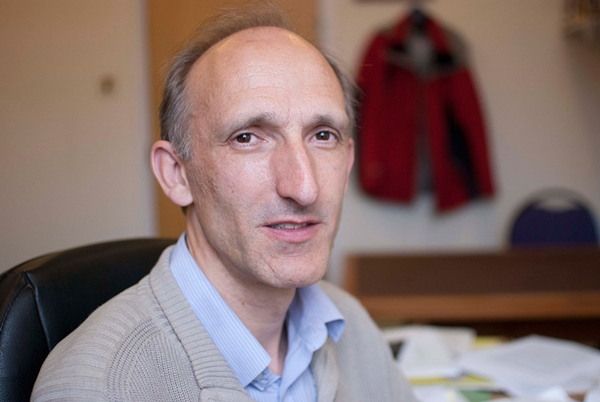SAIRLA is a five-year programme that seeks to generate new evidence and design tools to enable governments, investors and other key actors to deliver more effective policies and investments in sustainable agricultural intensification (SAI) that strengthen the capacity of poorer farmers’, especially women and youth, to access and benefit from SAI.
SAIRLA’s research projects will generate new evidence and decision-making support tools to help governments, policy-makers, investors and other key actors create an enabling environment for women and poorer smallholder farmers engage in sustainable agricultural intensification. SAIRLA will facilitate the development of multi-stakeholder learning platforms – the SAIRLA Learning Alliance - in each of the target countries and between those countries and international stakeholders to co-generate, share and facilitate use of knowledge by decision makers.
The aims of the research are to:
- Identify the role and potential of agroforestry systems to sustain biodiversity in agroforest/forest/agriculture mosaics. See more details HERE and some initial results HERE.
- Identify the incentives of land-owners to maintain biodiverse production systems. See more details HERE.
- Support land-owners in accessing incentives to conserve biodiverse production systems
- Provide policy recommendations to public and private bodies on how to improve incentives to landowners to conserve biodiversity.
Supporting ecosystem services in Fairtrade value chains. 2012–13. Value: £20,000. NERC- Environmental Sustainability KTN.
The study identified the rationale of Fairtrade businesses investing in environmental sustainability among their suppliers of coffee and cocoa. Subsequently the study reviewed in-country the implementation of these investments and assessed the likely outcomes in terms of provision of ecosystem services. See final report HERE.
Robusta Coffee Development Project, Sierra Leone. 2013–15. Value: EUR1.4m. European Commission/Govt of Sierra Leone.
The project will support 10,000 smallholder farmers to renovate their coffee plantations, which have been abandoned since the civil war, through training in good agricultural practices in Farmer Field Schools and by providing improved planting material. The project will also reinforce the capacity of the producer organisations to provide a quality product that is also certified for the sustainability of production.
Professor Haggar has also worked on climate adapation for smallholder farmers in the tropics, including evaluating the exposure, sensitivity and adaptation capacity of farmers to assess their overall vulnerability and to identify adaptation needs. He is also interested in the trade-offs between climate adaptation and climate mitigation, and the conditions that allow or prevent their combination into climate-smart agriculture strategies.






